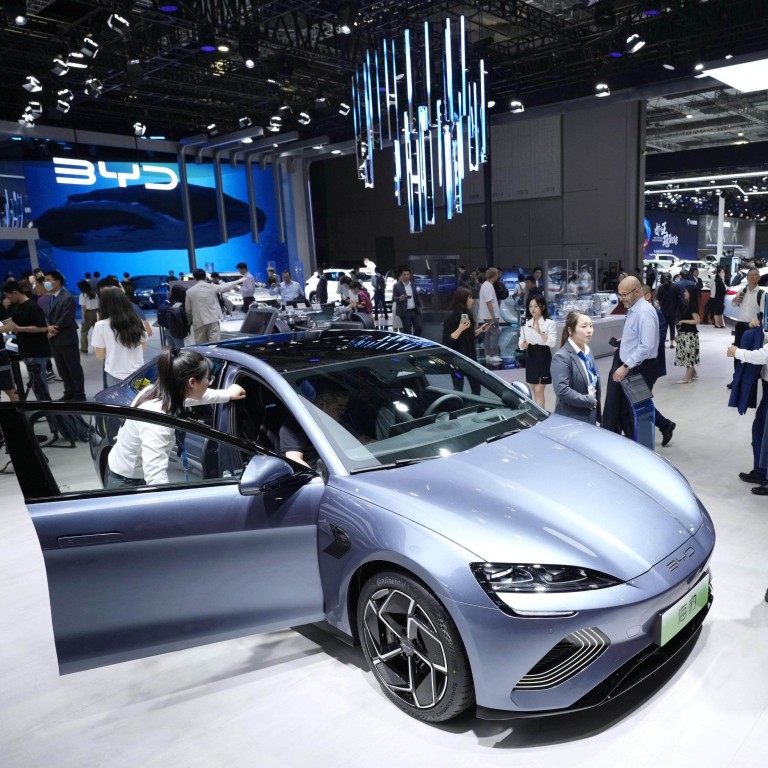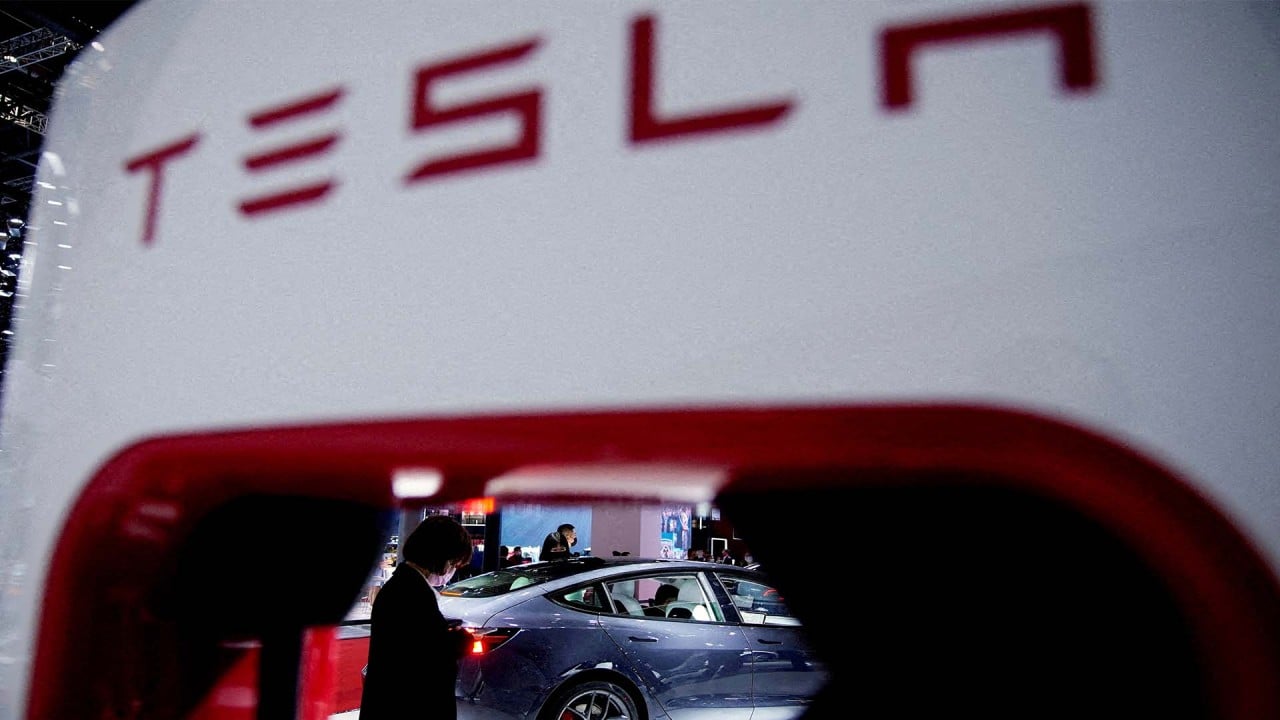
US should give China EV firms a clear road
- If America really is not afraid of free and fair competition, it must rise to the challenge presented by Chinese electric vehicles and not apply its ‘national security’ brake
United States Treasury Secretary Janet Yellen has declared that Washington only wants a “constructive and fair” economic relationship with China and does not aim to stifle its rise.
How the US responds to China’s world-beating electric vehicle (EV) industry will be a litmus test of her sincerity.
China is likely to overtake Japan as the world’s No 1 vehicle exporter; its share of the world market in EVs is rapidly expanding. Chinese EVs are no longer the cheap copycats of yesteryear.
The electrification of the world’s largest car market is proceeding apace. At last month’s Shanghai Auto Show, 70 out of 100 new models unveiled were electric.
BYD beat Tesla in EV sales last year, making it the world’s top electric car seller. Nio has launched a mass production electric car with the world’s farthest driving range, on a single charge.
Xpeng Motors has come up with the world’s first lidar-guided smart vehicle, currently the most advanced technology for self-driving or autonomous vehicles. Two of the world’s top three suppliers of EV batteries are Chinese: CATL and BYD.
There is no doubt that China’s EV industry represents the most serious competitor to European and American carmakers, which are already lagging in key tech domains.
Even Elon Musk acknowledged in January that “some company out of China” will be the most formidable competitor to Tesla.
But while the competition is industrial and commercial, it’s hard to see how it could impact on US national security, a favourite excuse of Washington to undermine foreign industry or technology. The EV industry may yet open a new front in US-China rivalry.
BYD profit falls 43.5 per cent amid car-market price war
Predictably, hawkish Senator Marco Rubio, a Republican, who helped to blockade and nearly destroy telecoms giant Huawei Technologies, has introduced legislation that takes aim at Ford Motor’s deal to buy advanced batteries from CATL, by restricting its ability to claim tax credits.
Such tactics are typical of Washington’s de facto “beggar thy neighbour” industrial policy and protectionism, especially when aimed at China.
If America really is not afraid of free and fair competition, it should welcome the opportunity to up its game and do better rather than trying to kneecap a rival.


